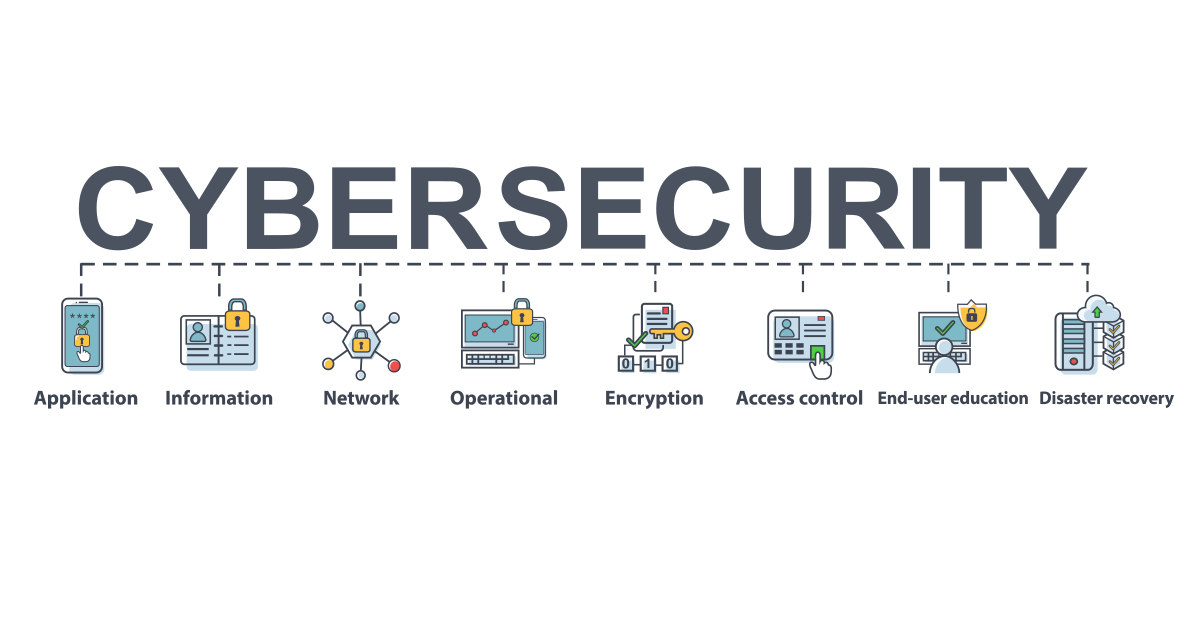The 5-Second Trick For cybersecurity threats
The 5-Second Trick For cybersecurity threats
Blog Article

1. Data breaches: Fintech business take care of delicate financial details, making them a prime target for cybercriminals. A solitary data violation can compromise numerous customers' individual and financial data, bring about serious repercussions.
2. Settlement scams: Scammers utilize advanced methods to control repayment systems, triggering monetary losses for both customers and services. Preventing repayment fraud needs innovative protection actions and constant surveillance.
3. Conformity: Fintech firms should adhere to different economic regulations, such as GDPR, PCI-DSS, and AML/KYC. Making certain compliance can be a complicated and taxing process, however failure to do so can result in large penalties and reputational damage.
4. Inadequate safety procedures: Fintech firms frequently prioritize rate and innovation over security, leading to poor security versus cyber dangers. This can subject individuals' data and financial details to substantial dangers.
Fintech software development have to resolve these cybersecurity challenges to shield users' passions and preserve public trust fund. }
The monetary modern technology industry is undertaking a considerable change, presenting unique methods to taking care of finances. Nevertheless, the quick development generates fresh obstacles, specifically in the realm of cybersecurity. These challenges position problems concerning the reliability and security of financial systems and might threaten your track record as a trustworthy fintech service provider. Learn more at
In this article, we'll explore the 4 key cybersecurity dangers that fintech business experience and offer practical remedies to assist alleviate them.
"Cybersecurity Threats Evolve"
Malware attack is a catch-all term for any kind of kind of malicious software program made to damage a computer system or server of a customer. Cyberattackers produce and spread out malware software application for different factors. One of the most frequent purpose is to swipe personal, economic, or service details.
Ransomware, a type of destructive software program, continues to be one of the most report from Statista revealed that in 2023, 72% of businesses experienced a ransomware assault. Wondering just how to stay secure? Below are a few suggested protection approaches.
Make certain to regularly upgrade your computer and software, use a respectable antivirus program, and avoid clicking on links from strange resources.
On the one hand, the quick fostering of arising modern technologies such as blockchain, expert system (AI), and IoT ( Web of Points) opens up brand-new perspectives to fintech. On the other hand, it brings brand-new protection worries to the table. For example, AI-powered systems can be utilized to identify susceptabilities in networks and systems. IoT attacks target Web of Things systems-- objects embedded with software that enables them to collect and store data. While the threat of IoT attacks can be reduced by selecting safe and secure gadgets, AI-powered strikes demand a more intricate strategy:
adopt a split protection method;
conduct awareness training for staff members;
application of AI-powered security devices.
Insider Threats
An insider threat is the one originating from within a fintech ( repayment systems, neobanks, and so on) organization. As usual, the " resources" of danger are employees or contractors that have accredited access to delicate information or systems. Insider hazards come in two types-- willful-- when the delicate data is taken and marketed deliberately and accidentally-- unintentional direct exposure of personal information that triggers harm to an company. A few of the most effective methods to reduce expert hazards consist of the following:
audit of your team's accessibility benefits;
implementation of password protection policies;
education cybersecurity analyst jobs and learning of your team on exactly how not to come to be the victims of phishing.
Third-Party Vendors
Numerous fintech business rely upon third-party service providers for services like settlement handling or information storage space. Such dependence on external suppliers in fintech software development can introduce multiple avenues for cyberattacks. Fintech business need to perform extensive due diligence on third-party vendors they cooperate with, consisting of history checks and protection analyses, to ensure they have limited safety steps in place.
To summarize, the fintech sector is significantly being accepted worldwide, however the continuous danger of cyberpunks means that cybersecurity remains a major challenge in the advancement of fintech software application.
Identifying this, S-PRO https://s-pro.io/, an cutting-edge software development firm, positions a solid focus on carrying out sophisticated safety and security measures in its fintech tasks, guaranteeing that both its customers and end-users benefit from the highest level of defense versus cyber threats. Report this page